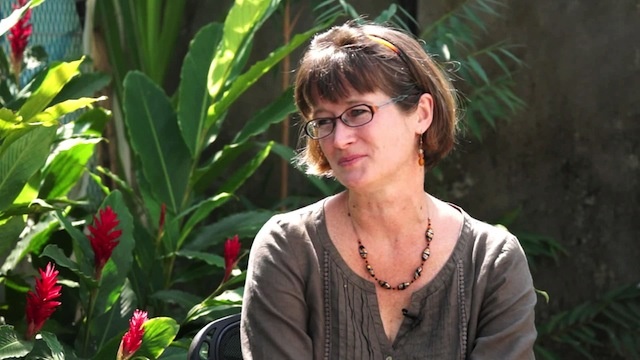Web presence a key indicator of corporate transparency

MCRB launched the Transparency in Myanmar Enterprises (Pwint Thit Sa) project last month, which rates Burma’s largest companies for their openness on efforts to promote anti-corruption, organizational transparency, and human rights, health, safety and...
In countries where corporate governance rules are well defined, businesses are expected to adhere to a minimal standard of transparency about their activities. But in Burma, where companies are now in contact with global markets, and are attracting foreign partners after decades of mismanagement and isolation, such standards are few and far between.
This piece was originally published by DVB.
In an attempt to remedy this, the Myanmar Centre for Responsible Business (MCRB) launched the Transparency in Myanmar Enterprises (Pwint Thit Sa) project last month, which rates Burma’s largest companies for their openness on efforts to promote “anti-corruption, organizational transparency, and human rights, health, safety and the environment.”
“Our expectation is that, as more foreign companies come into Myanmar [Burma], looking for partners, the partners they will be looking for will be the ones who are transparent,” said MCRB director Vicky Bowman, who was Britain’s ambassador to Burma from 2002 to 2006. “If a company has good transparency policies, they are more likely to be invited by foreign companies to form partnerships.”
At the project’s core, it will rate companies’ transparency based on the information they publish on their websites. Of the 61 companies MCRB surveyed, Bowman claimed that just 34 had websites at all. A company’s web presence is a critical metric of its transparency in the Internet age, MCRB claims, as the Internet serves to facilitate the dissemination of up-to-date information about its activities.
Bowman asserts that, where Burma is concerned, the Internet will be crucial for stamping out corruption in other realms, as well. “In particular [the government] needs to develop more online processes on issues like paying tax [and] paying customs… the more governments go online, the more you remove the human factor and the more you reduce corruption,” she said.
Companies subjected to scrutiny by the MCRB will be contacted over the next week about its draft findings, and will then be given a chance to improve their standing until July, when the final results will be published. The centre hopes to repeat the survey in 2015, in an attempt to gauge if online transparency has improved. The study is based on methodology formulated by anti-corruption watchdog Transparency International, which conducts a similar study every year of the corporate reporting practices of the world’s largest multinationals.
How much a company’s online transparency is reflective of truly responsible business practices, however, is up for debate, a point that Bowman concedes. “We’re trying to raise awareness, and it’s a gradual process,” she said. “We’re very aware that this is not a measurement of who the best companies are: it’s the ones who have the most information on their websites.”
But she feels the project’s goal of imparting the importance of transparent practices to big Burmese businesses, and the assistance the MCRB offers them to achieve better transparency, may help attitudes to shift over time. “What we’re looking at is, ‘Have the companies even gone as far as thinking about it?’,” she said.
Myanmar’s overburdened parliament has passed hundreds of new laws at a break-neck pace over the past three years, many of which have been criticised as coming out of the gate incomplete or poorly thought-out. An anti-corruption law was passed last year, and in February President Thein Sein announced the formation of a 15-member anti-corruption commission, comprised almost entirely of former high-ranking military officials. Its independence and ability to tackle corrupt practices have yet to be tested.
While urging companies to be more transparent is an admirable goal, how far such efforts can go, given the pervasive corruption on all levels within the Burmese establishment, remains to be seen. “Civil society organizations like our own are not seeking to substitute for the state,” said Phil Bloomer, the executive director of the Business and Human Rights Resource Centre, a founding partner of the MCRB. “The state has a fundamental role to set the standards and norms that are acceptable for the way companies operate in their markets.”
If civil society and the media continue to highlight corporate malfeasance, this may promote better practices by the state, Bloomer claims. But he admits this will not be easy.
“Those pressures… eventually start to reform businesses but also, increasingly, [will make] states believe that citizens want supply chains that are clean, that don’t have human rights abuses in them,” he said. “It’s a long, arduous struggle that we’re in.”
Share:


 English
English မြန်မာ
မြန်မာ မြန်မာ (unicode)
မြန်မာ (unicode)








